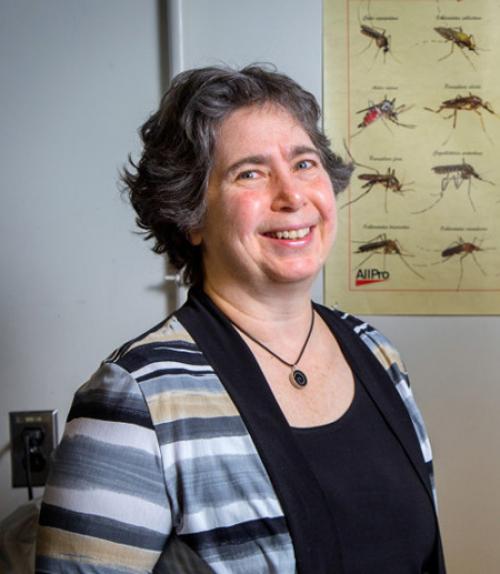Maria Harrison, the William H. Crocker Professor at Boyce Thompson Institute and adjunct professor in the School of Integrative Plant Science, and Mariana Wolfner, the Goldwin Smith Professor of Molecular Biology and Genetics in the College of Arts and Sciences, are among 100 new members of the National Academy of Sciences, the academy announced April 30.
Read the original article...




